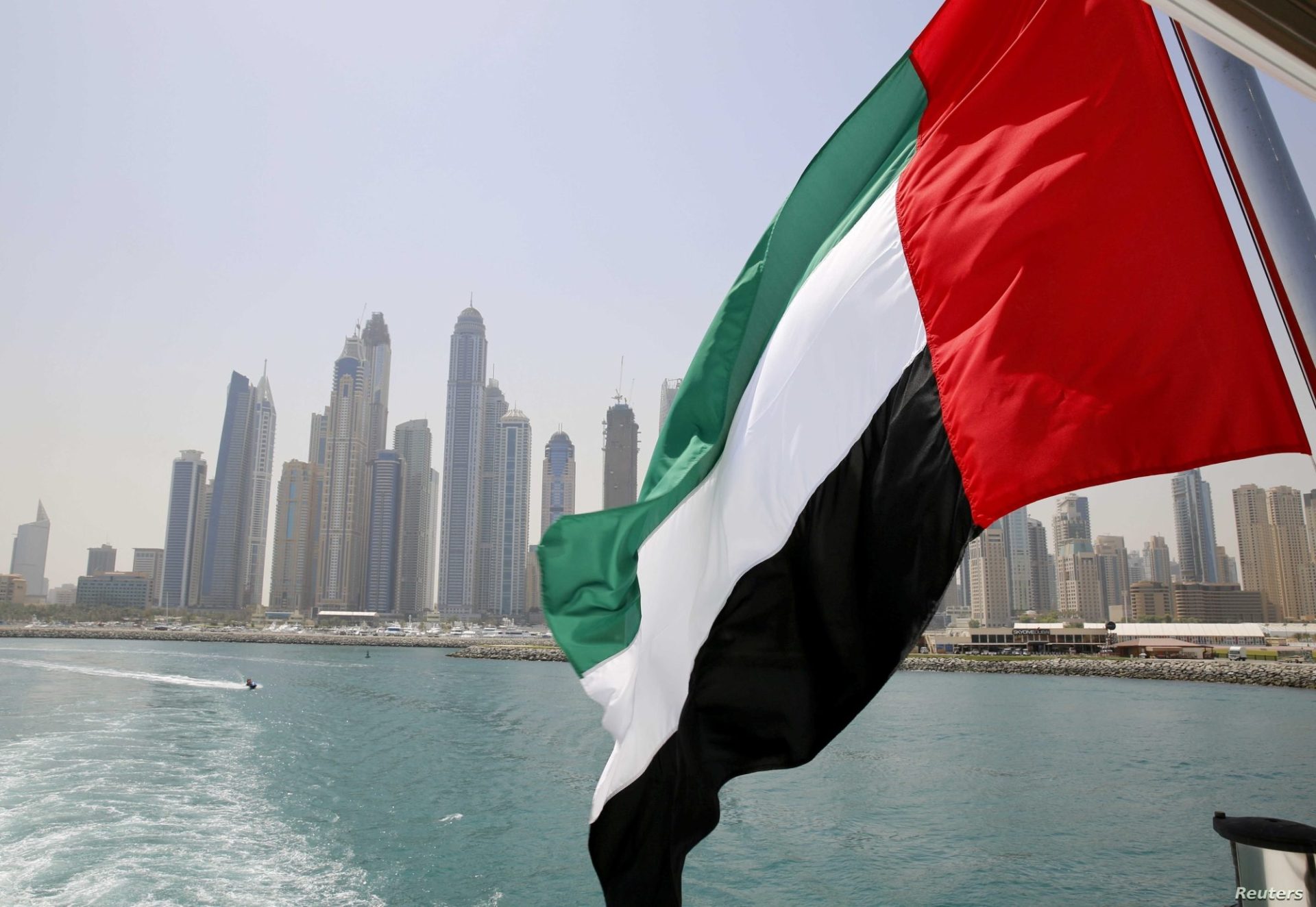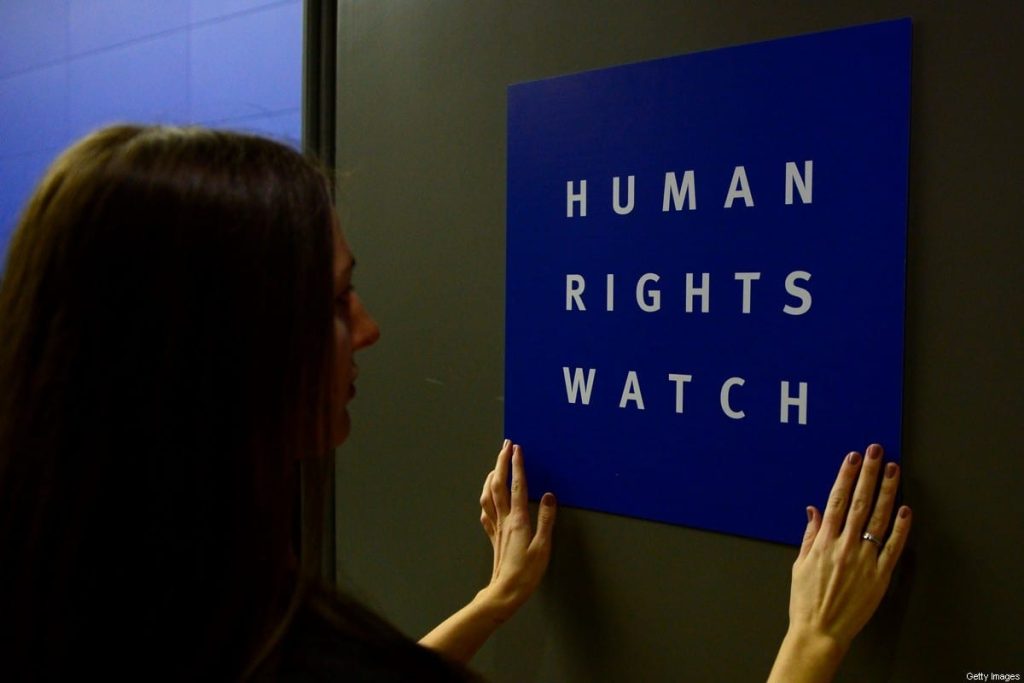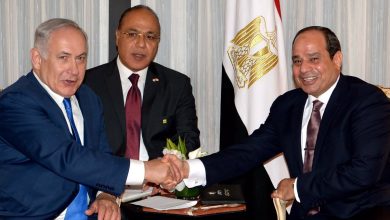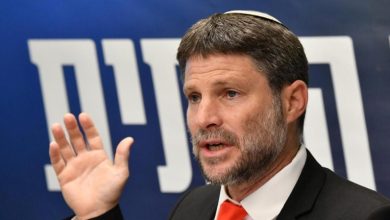The Hidden Reality of the UAE: Exploitation of Migrant Workers and Gender Discrimination
Behind the UAE’s Image of Openness Lies a Record of Systematic Violations Against Activists, Migrant Workers, and Climate Commitments

Watan-The international organization Human Rights Watch has exposed the false promotion by the UAE of an image of tolerance and openness in the country, given its practices of repression and unjust trials against opinion activists and human rights defenders.
In its 2024 annual report, the organization stated that the UAE promoted an image of tolerance and openness by hosting events such as the “United Nations Climate Change Conference” (COP28), while restricting scrutiny of its systematic and widespread human rights violations and expanding fossil fuel operations.
The organization highlighted the extensive violations faced by migrant workers in the UAE, including severe health risks associated with heat exposure.
It noted that in 2024, the UAE unjustly convicted and sentenced at least 44 defendants in the second-largest unfair mass trial, many of whom were already serving sentences as part of the “UAE 94” mass trial.
Freedom of Expression, Assembly, and Association
The UAE imposes severe restrictions on the rights to freedom of expression, assembly, and association. Dozens of critics are serving lengthy prison sentences in UAE prisons after unfair trials on vague and overly broad charges that violate their rights to free expression and association.
The UAE authorities convicted at least 44 of 84 human rights defenders and dissidents following an unfair trial, despite allegations of prolonged solitary confinement. The 84 defenders were accused of terrorism-related crimes due to their involvement in establishing an independent advocacy group, the “Committee for Dignity and Justice,” in 2010.
Among the 44 convicted, four were sentenced to 15 years in prison, and 40 to life imprisonment, including academic Nasser bin Ghaith, Abdul Salam Darwish Al-Marzouqi, and Sultan bin Kayed Al-Qasimi. At least one defendant was acquitted, according to the “UAE Detainees Advocacy Center.” At least 60 of the defendants, including Al-Marzouqi and Al-Qasimi, had been previously convicted in the UAE 94 case for their ties to the Committee for Dignity and Justice.

The mass trial was characterized by serious violations of due process and fair trial standards, including restrictions on access to case information, inadequate legal representation, judicial interference in witness testimonies, violations of the principle against double jeopardy, credible reports of severe mistreatment, and closed-door hearings.
Among the defendants was prominent Emirati activist Ahmed Mansoor, a member of the Board of Directors of the “Gulf Centre for Human Rights” and the advisory committee for the Middle East and North Africa division of Human Rights Watch.
The UAE authorities also arbitrarily detained 57 Bangladeshi protesters and sentenced them to long prison terms after expedited trials, citing their participation in peaceful protests in solidarity with student demonstrations in Bangladesh. The Bangladeshi protesters were pardoned and released in September 2024.
The UAE uses its Federal Penal Code and Cybercrime Law to silence dissidents, journalists, activists, and anyone deemed critical of the government, its policies, or its representatives. These laws have effectively shut down civic spaces, imposed severe restrictions on freedom of expression both online and offline, and criminalized peaceful opposition.
Migrant Workers
Employers wield disproportionate control over migrant workers under the kafala (sponsorship) system, preventing them from changing jobs without employer approval. Employers can file false “absconding” charges against workers fleeing abuse, exposing them to detention and deportation.
Migrant workers continue to face widespread abuses, including wage theft, illegal recruitment fees, and passport confiscation, leading to conditions amounting to forced labor. The UAE also bans labor unions, preventing workers from advocating for stronger labor protections. There remains no non-discriminatory minimum wage in the UAE.
Migrant workers play a crucial role in the UAE’s labor market, but the government fails to protect them from climate change-related risks.
Outdoor workers are among the most vulnerable to heat-related illnesses and fatalities. The UAE continues to rely solely on a midday work ban in the summer as the primary heat protection measure, despite evidence of its ineffectiveness.
Women’s Rights
The UAE has implemented limited reforms, such as banning gender-based discrimination and removing the legal obligation for women to obey their husbands. However, these reforms are insufficient to eliminate all forms of discrimination against women, particularly male guardianship over women.
Laws against domestic violence maintain the legal right of guardians to discipline their wives, female relatives, and children to the extent deemed acceptable by authorities. Marital rape is not criminalized under UAE law.
Despite recent amendments, discriminatory practices persist, including a father’s legal authority as the primary guardian of children. Additionally, Emirati women cannot pass their nationality to their children on par with men.
The UAE Penal Code criminalizes consensual sex outside of marriage and abortion under loosely defined “moral crimes,” disproportionately impacting women, as pregnancy may serve as evidence of the alleged crime.

Climate Change and Fossil Fuels
The UAE, one of the world’s largest oil producers, seeks to position itself as a global leader in climate and health issues through COP28. However, its plans to expand fossil fuel operations undermine efforts to address the climate crisis and protect human rights.
The extraction and use of fossil fuels in the UAE contribute to toxic air pollution and greenhouse gas emissions, posing significant health risks to residents and exacerbating the global climate crisis.






